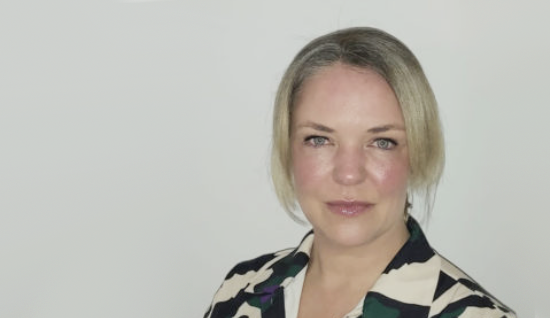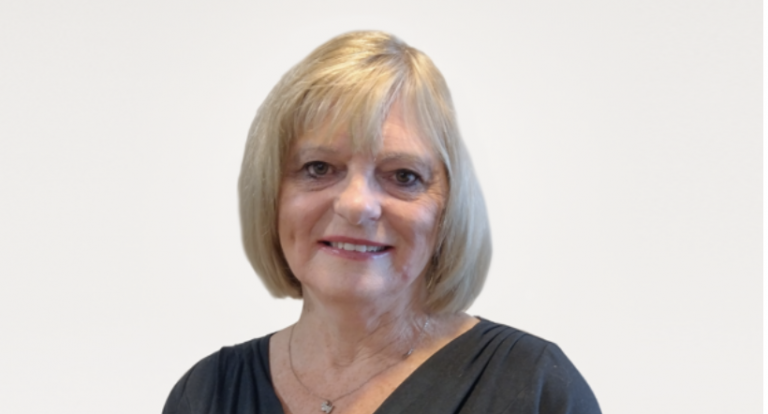British Steel wins contract to supply a quarter of a million railway sleepers to Africa
Wilkin Chapman appoints sustainability specialist
Tradespeople owed an average of £7,000 in overdue payments, says Direct Line
New research from Direct Line business insurance reveals tradespeople are currently owed an average of £6,984 past its due date for payment.
Late payments are a long-standing issue and many tradespeople have had to write off significant sums. On average, the largest single invoice they have given up chasing on payment comes to £4,757 with nearly a quarter losing out on payments worth over £2,500. More than three quarters have at some point tried to make a legal claim to recover payments. Over half were either unsuccessful in their claim or still have unresolved claims.
At a time when expenses are rising sharply due to inflationary pressures, late payments are significantly impacting tradespeople’s personal lives, business operations, and mental wellbeing, says Direct Line. Almost a quarter worry about not being able to cover their family or personal expenses, and one in five is concerned about how late payments are impacting their mental health.
To reduce the impact of late payments on their business, many tradespeople are changing the way they bill for their work. Over a quarter refuse to start work until they receive up-front payment in full, with a quarter choosing to take payments immediately with a card reader or mobile payment. Nearly a quarter charge a ‘late payment fee’ to their clients, and the same number of tradespeople take half of the payment in advance and then the remainder once work is complete. A fifth (20 per cent) of tradespeople offer discounts to clients for paying quickly.
Alison Traboulsi, Product Manager at Direct Line business insurance said: “Tradespeople are vital to the UK economy, and it’s worrying to see that so many are struggling to get paid on-time. Their time is hugely valuable, so effort spent chasing monies owed could prevent them from taking on more work or completing jobs on time. Late payments can also have a huge impact on business operations, finances and, at times, tradespeople’s mental health.
“Times are tough and it is difficult to see so many tradespeople miss out on payments they are legitimately owed due to concerns around legal costs, amongst other reasons. Direct Line business insurance policies come with Legal Essentials, a service that provides tradespeople with unlimited access to a team of DAS legal experts for confidential legal advice and access to a library of legal templates, tools, and guides to help them run their business, including guidance on how to pursue late payments.”
Penistone heritage site to be restored following acquisition
UK plans revision of European GDPR rules to cut down ‘pointless paperwork’
- Introduce a simple, clear and business-friendly framework that will not be difficult or costly to implement – taking the best elements of GDPR and providing businesses with more flexibility about how they comply with the new data laws
- Ensure the new regime maintains data adequacy with the EU, and wider international confidence in the UK’s comprehensive data protection standards
- Further reduce the amount of paperwork organisations need to complete to demonstrate compliance
- Support even more international trade without creating extra costs for businesses if they’re already compliant with current data regulation
- Provide organisations with greater confidence about when they can process personal data without consent
- Increase public and business confidence in AI technologies by clarifying the circumstances when robust safeguards apply to automated decision-making
Second Coney Street Riverside planning application submitted
Converted mill in Leeds sold for £17m
A quarter of Yorkshire businesses to improve workplace inclusivity by august 2023
Three women trailblazers from Yorkshire and the Humber win national award and £50,000 each
- Kirsty Smitten, from Sheffield, is a Forbes 30 Under 30 and Sheffield University’s Turner Prize awardee who developed a new game-changing class of antibiotics with her company MetalloBio that will prevent and treat bacterial infection. Fuelled by seeing the negative effects of Antimicrobial Resistance (AMR) on her family members and closest friend, Kirsty is determined to stem AMR’s rapid rise, which currently contributes to 1.2 million deaths globally.
- Katherine (Kate) Drury, from West Yorkshire, founder of Sustainable Rope, who aims to convert marine and aquafarming to using 100% wool rope as a viable natural fibre alternative to synthetics which are causing significant ecological problems in our rivers and seas.
- Tammy Banks, from York, founder of Taye Training, who, after a complex childhood and spending her teenage years homeless, has designed an experiential, community-led training programme and first of its kind qualification for trainers of health and social care professionals that ensures their training is consistently impactful and relevant.












